The death toll from the 6.8 magnitude earthquake that struck Morocco on the night of September 8 (local time) has risen to more than 2,000. The highest number of fatalities was in Al Haouz province in the Marrakesh-Safi region with nearly 1,300 people.
In addition, the Moroccan Interior Ministry said on September 10 that more than 2,000 people were injured, including more than 1,400 in critical condition, in this disaster. The number of casualties is expected to continue to rise, according to Reuters.
The US Geological Survey (USGS) said the epicenter was 72 kilometers southwest of Marrakesh, the capital of the Marrakesh-Safi region. According to the USGS, this is the worst earthquake to hit Morocco since a disaster in 1960 that killed 12,000 people. Meanwhile, according to AP, this is the strongest earthquake to hit the North African country in 120 years.
Reuters reporters at the scene saw survivors huddled and spent the night outdoors in the High Atlas Mountains. In the village of Amizmiz near the epicenter, rescue workers searched through the rubble with their bare hands.
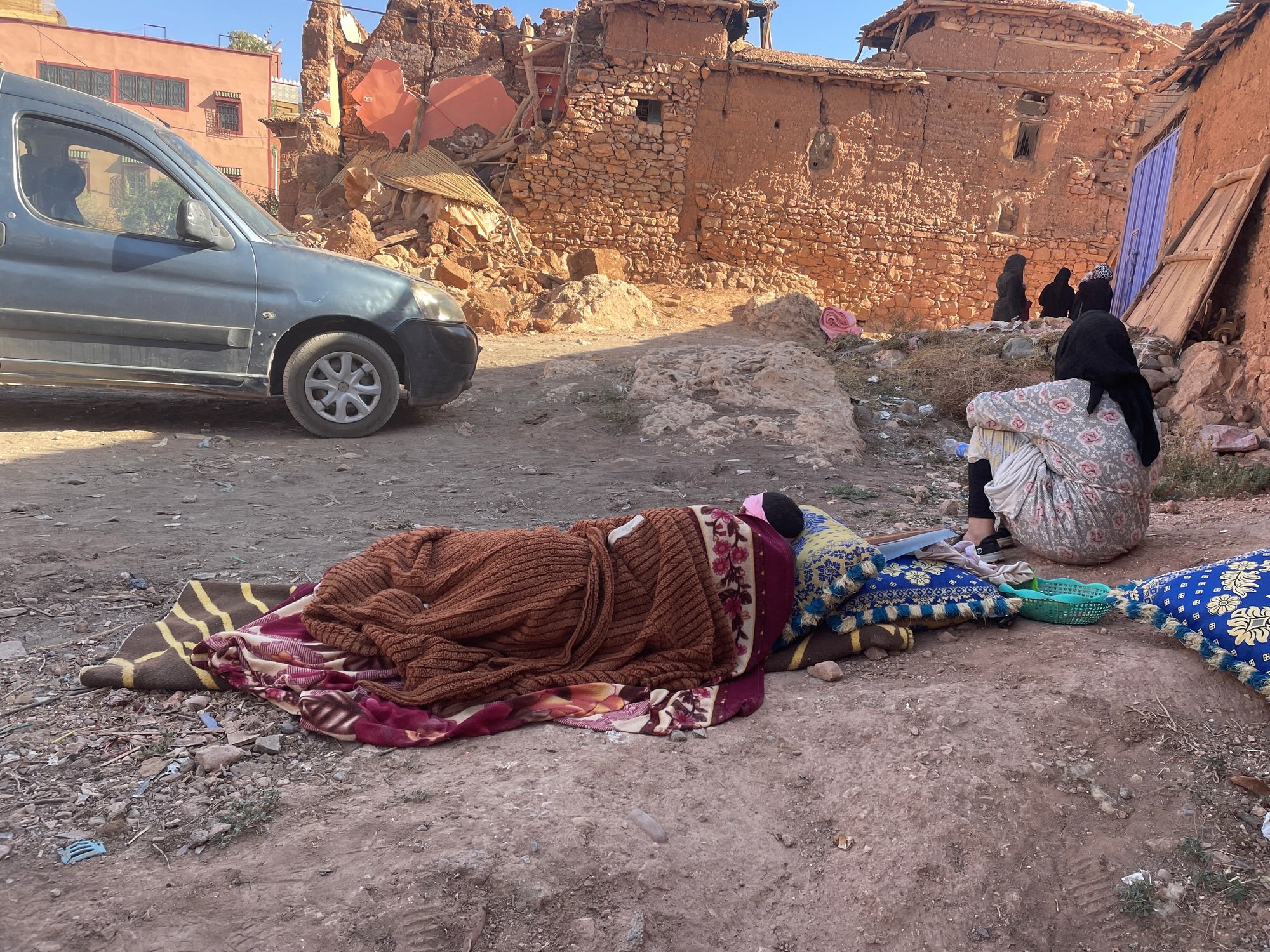
Residents of Tansghart village in Asni area sleep on the street after the earthquake on September 8. Photo: REUTERS
Meanwhile, nearly every home in the Asni area, about 40 kilometers south of Marrakesh, was damaged. The village of Tansghart in Asni was one of the worst affected. Similar damage was reported in Marrakesh, including many homes in densely populated areas.
The WHO estimates that more than 300,000 people in Marrakesh and its suburbs have been affected by the earthquake. Many families may still be trapped under the rubble.
On September 9, Morocco declared three days of national mourning. The country's armed forces deployed rescue teams to provide drinking water, food, tents and blankets to affected areas. Many people lined up to donate blood to help victims injured by the earthquake.
A statement from United Nations (UN) Secretary-General Antonio Guterres stressed that the UN stands ready to support the Moroccan government in every way.
Nathalie Fustier, the UN Resident Coordinator in Morocco, said information was limited because the epicenter was in a remote, mountainous area that was difficult to reach. The priority was search and rescue, blood and medical supplies, and food.
Many governments have sent condolences and offered support to Morocco. According to Reuters , US President Joe Biden said on September 9 that US officials had contacted Morocco and offered help immediately after the disaster.
Israeli Defense Minister Yoav Gallant also spoke by phone with his Moroccan counterpart, expressing his desire to provide as much assistance as possible. The Israeli military is preparing to provide humanitarian aid to the disaster area.
France, Germany and Turkey - which suffered a major earthquake earlier this year - have also offered support to Morocco. Qatar has offered to provide any necessary assistance to the affected area. Meanwhile, the United Arab Emirates (UAE) said that rescue teams from Dubai police have been sent to Morocco. King Abdullah II of Jordan has also offered help.
Notably, Algeria has offered humanitarian assistance and opened its airspace for relief or medical flights to and from Morocco. Algeria had previously closed its airspace since it severed diplomatic relations with Morocco in 2021.
Earthquake in Morocco as strong as 25 atomic bombs, more than 2,000 people killed
Source












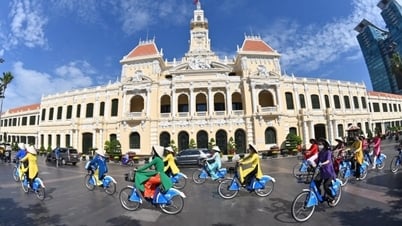








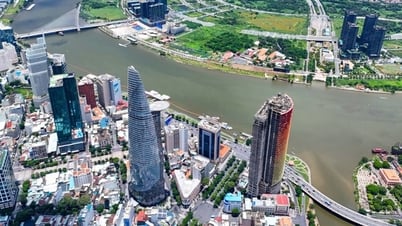
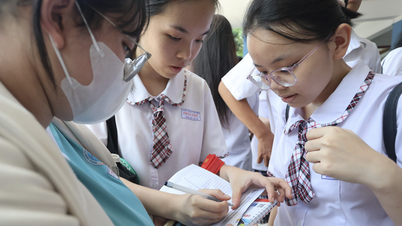


![[Photo] The 9th Congress of the Party Committee of the Office of the President, term 2025-2030](https://vphoto.vietnam.vn/thumb/1200x675/vietnam/resource/IMAGE/2025/6/20/78e7f27e8c4b4edc8859f09572409ad3)












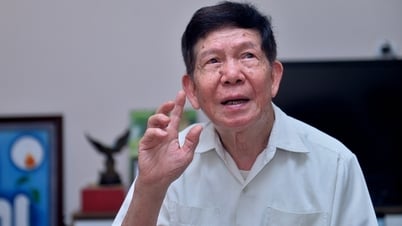














![[Maritime News] Wan Hai Lines invests $150 million to buy 48,000 containers](https://vphoto.vietnam.vn/thumb/402x226/vietnam/resource/IMAGE/2025/6/20/c945a62aff624b4bb5c25e67e9bcc1cb)










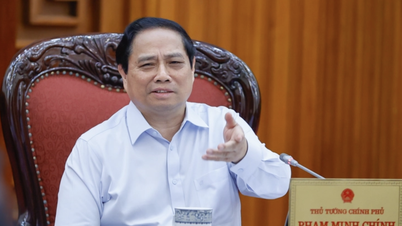








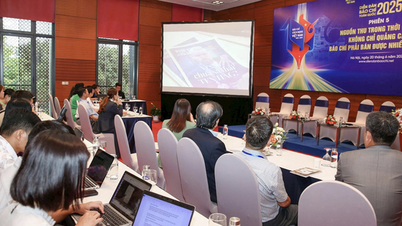

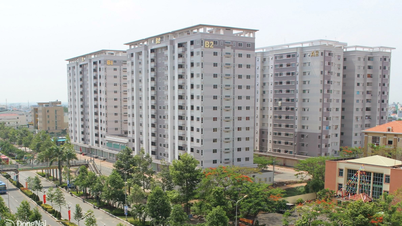

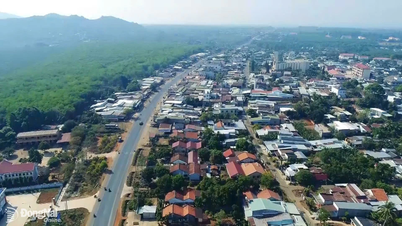


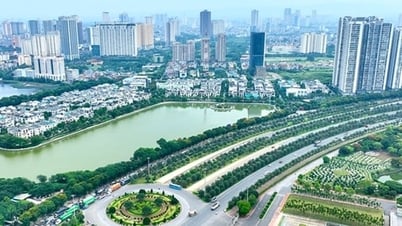
















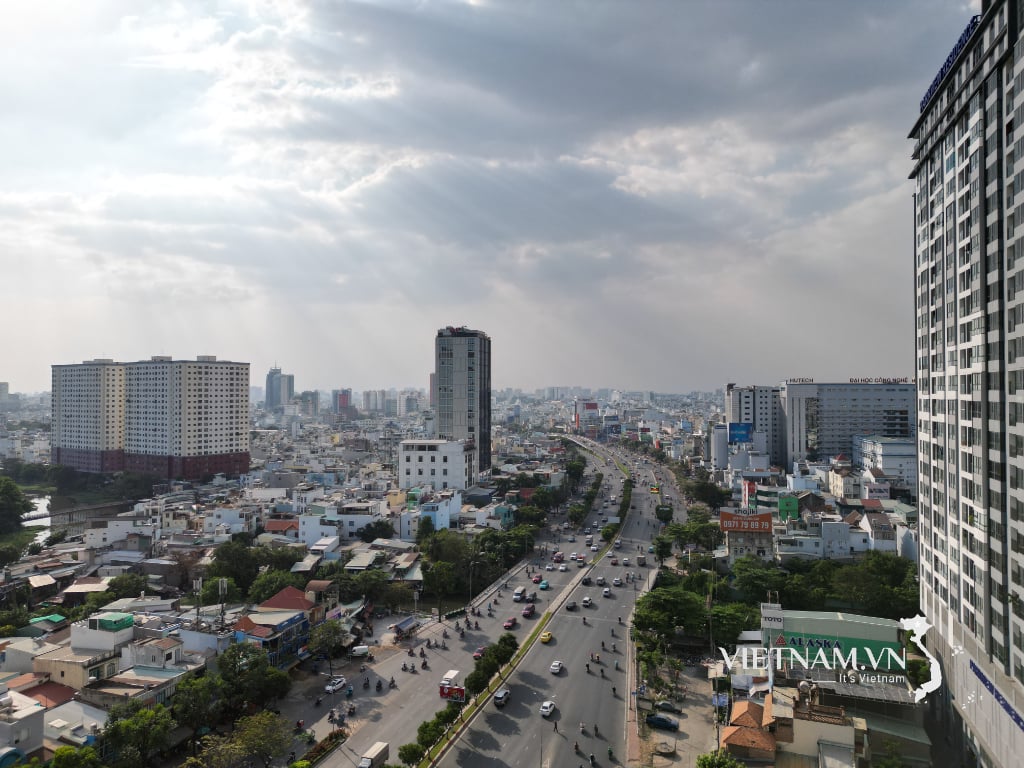
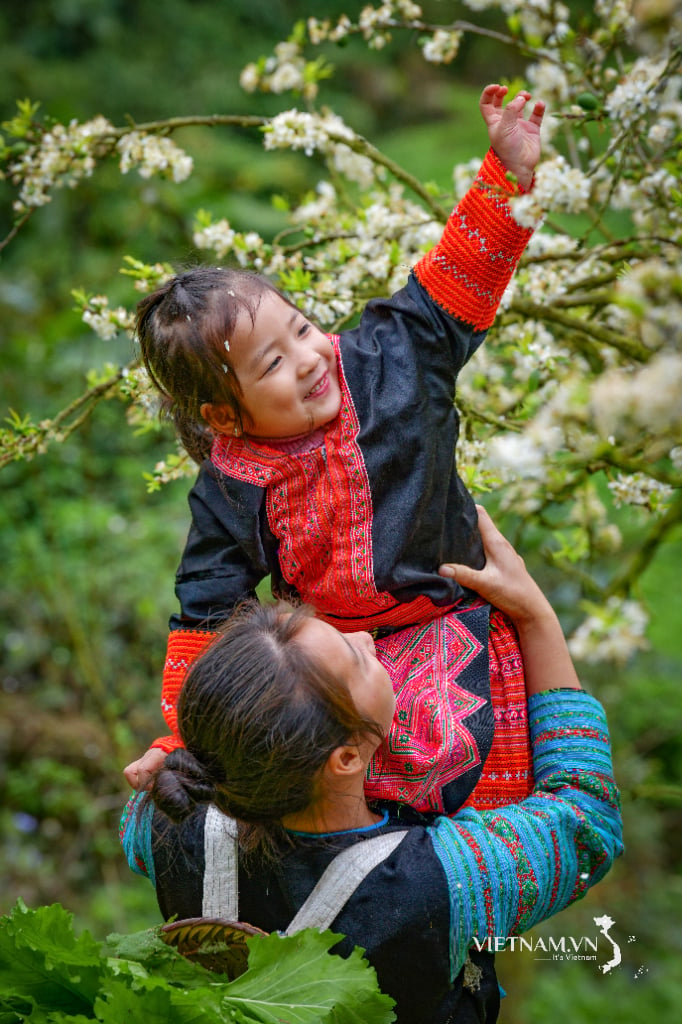

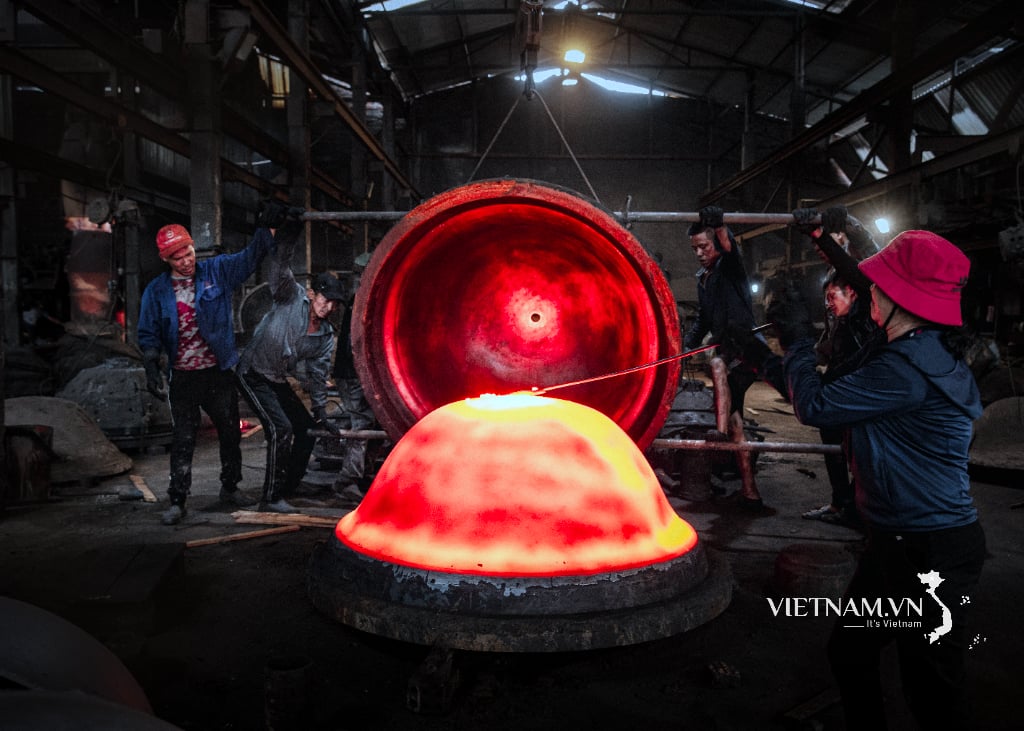
Comment (0)